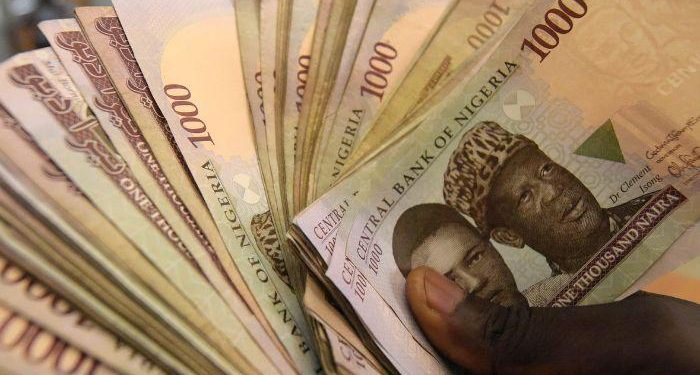Nigeria’s Naira has been identified as the worst-performing currency globally in the first half of 2024, according to a Bloomberg report on Friday, June 28.
The Naira’s decline has been attributed to devaluation, insufficient dollar liquidity, and market volatility, which Bloomberg’s report says have thwarted the Central Bank of Nigeria’s efforts to strengthen the currency.
Egypt’s pound and Ghana’s Cedi have also ranked among the worst-performing currencies.
Data from FMDQ, as reported by Bloomberg, indicated that the Naira weakened for the ninth consecutive day, reaching ₦1,510 per dollar by Thursday, June 27.
This continuous decline is the longest since July 2017 and marks a 40 percent drop since the beginning of 2024.
PwC’s latest economic report on Nigeria also found that the Naira depreciated against the dollar by 67.8 percent, from an average of ₦461.1 in May 2023 to ₦1,433.80 in May 2024.
PwC noted that this depreciation occurred despite foreign exchange market reforms by the Central Bank of Nigeria aimed at achieving price discovery and attracting market liquidity.
In March 2024, the Naira was briefly the best-performing currency globally, but this was reversed in the subsequent month. Bloomberg highlighted that the Naira experienced volatility between mid-April and May due to the mismatch between demand and supply for the dollar, before seeing some stabilisation in June as dollar inflows improved.
The Governor of the Central Bank of Nigeria, Olayemi Cardoso, stated that the worst of the Naira’s volatility might be over. The naira has traded within a narrow range of 1 ₦,473/$ to ₦1,485/$ in June, according to FMDQ data compiled by Bloomberg, resulting in its 10-day rolling volatility dropping to the lowest level in a year and its 100-day fluctuations being the least since November, 2023.





